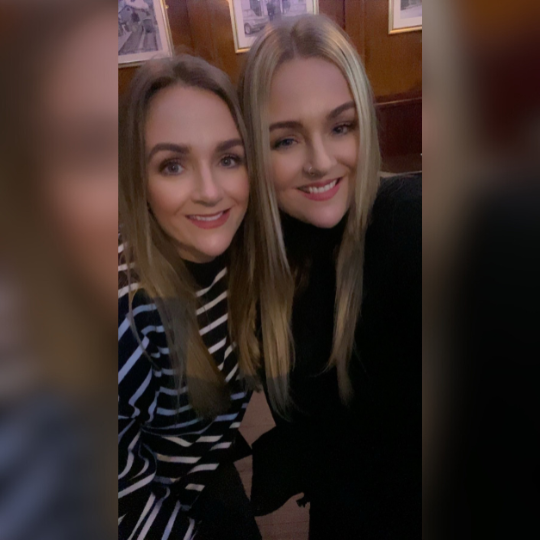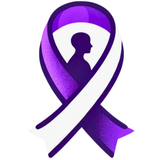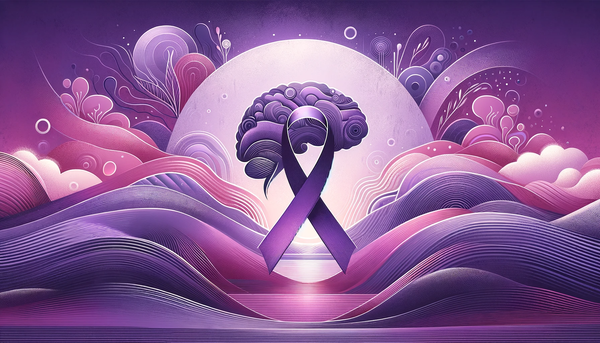Twins on a Journey: Jane & Claire's Triumph Over Epilepsy

Living with epilepsy isn't easy, especially when it hides in the darkness of night. Jane and Claire Mulcahy, twins, tell their story of discovering they had nocturnal epilepsy and how they've learned to live a full life with it.
We have shared an unbreakable bond since birth. Not only are we identical twins, but we also share the same condition. It took 20 years for us to be diagnosed with epilepsy. It’s been a long journey to get to where we are today. Our diagnosis is frontal lobe nocturnal epilepsy, which means we only suffer from seizures in our sleep. It’s quite rare and, as we now understand, can be very hard to diagnose.

The beginnings of our story trace back to when we were just babies. Our parents observed us making strange sounds at night, babbling and then suddenly crying hysterically. Over several years, they sought advice from pediatricians, consistently being told we were experiencing night terrors, a misunderstanding we spoke about in an interview with Independent.ie, hoping we would outgrow them by our teenage years. The absence of video cameras on mobile phones and the scarce availability of camcorders meant our parents could not capture these episodes; by the time they reached us, the seizures had stopped.
As we grew into adolescence, the seizures persisted and intensified. With age came an increased awareness of the severity of our condition. Despite the isolation it sometimes imposed, having each other was a strange source of comfort; no one else could fully grasp how we felt.
Enduring countless tests - EEGs, MRIs, and numerous blood tests - all returned normal results. The decision to start medication, once finally diagnosed, was met with reluctance. Would it change our way of life? Impact our relationships? What about the possibilities of pregnancy in the future? These concerns loomed large, but the potential to control our seizures made medication seem like the best path forward. Finding the right medication was a process of trial and error(many people with epilepsy would relate to), but after about a year, we succeeded without significant side effects.
Now, six years of stable medication have mostly shielded us from major seizures, with just the occasional breakthrough seizure from time to time reminding us that our situation could be far more challenging. We are grateful not to be drug-resistant, a plight many others face.


Hand in hand, with smiles that light the way: Jane and Claire, united in sparking change for epilepsy awareness. 💜 #EpilepsyWarriors
We have our own families now. Despite the difficult journey to diagnosis, we live normal lives. At times, it feels unreal to have a chronic, incurable condition, but we believe it has shaped us into who we are today.
We shared our story to support others navigating their diagnosis or medication concerns, emphasizing that - everyone’s journey is different and we hope that our story helps you on yours!.
Our experience underscores the importance of seizure first aid. To assist effectively, remember these steps:
- TIME the seizure, if the seizure is any longer than 5 minutes, you need to call an ambulance ⚠️
- SAFE – keep the person safe, remove anything from around their head/neck, don’t put anything in their mouth, cushion their head
- STAY – stay with the person until they come around, they will be very disoriented, confused, and exhausted. Place them in the recovery position when the seizure has stopped and let them know what has happed and that all is okay!
Understanding and applying these steps could indeed save a life.
We hope sharing our story can inspire others to not only learn about epilepsy and its impacts but to also take action in their communities. Whether it's through raising awareness, advocating for better care and understanding, or simply being prepared to offer aid, every effort counts. If our journey resonates with you, we encourage you to share it with others. Together, we can create a more informed and supportive environment for everyone living with epilepsy.





